I will travel with a group of medical professionals composed of surgeons, physicians, nurses and OR support staff to conduct a 10 day surgical/medical mission in Nyarungenge Hospital in Rwanda. The role of the surgical team is to provide necessary ENT and general surgery procedures that are not otherwise widely available for this community. The ENT surgeries will consist mainly of thyroidectomies for large, obstructing goiters which are endemic in this population. General surgeries will include hernia repairs, appendectomies and cholecystectomies, among other procedures. The hope is to complete 60 or more surgeries in the 10 day mission.
My role on the team as an infectious disease physician, will be to oversee infection prevention and control practices and monitor post-op wound care, but more importantly, it will be to build capacity among the medical students and residents through a series of infectious disease centered lectures and teaching rounds. My goal is to bridge the gap of understanding for new protocols and practices in infectious disease topics such as sepsis, pneumonia, endocarditis, complicated urinary and gastrointestinal infections, COVID-19, HIV /AIDS and multi drug resistant pathogens.
My hope is that through this series of lectures and bedside teaching rounds, students and residents will gain a broader knowledge and understanding of important clinical, infectious disease concepts as well as know how to access materials for future reference.
The population who will be directly affected by our work in Rwanda, will be the community surrounding Nyarugenge Hospital. This population in Rwanda is in an underserved area, where access to specialty services is not available. The district hospital is in a relatively rural area surrounded by low income communities. Patients often wait months and sometimes years for elective surgeries that if not done, have far reaching consequences in terms of overall health, morbidity and even early mortality. The team hopes to strengthen already existing systems by providing and teaching technical expertise in areas such as surgery, anesthesia and wound care as well as strengthen skills that can be used long after our team departs.
Another population that will be served by this mission are the medical students and residents who work in the hospital and nearby medical school. These doctors in training do not always have access to up to date clinical information and rarely have the opportunity to collaborate and learn from physicians outside of Rwanda.
I hope to have a positive and meaning ful impact through my interactions with the medical students, residents and staff. I hope to give them an opportunity to learn and ask questions about important infectious disease topics and receive updates on new clinical management, drugs, therapeutics and procedures that they may have not been aware of. Topics will be taught and tailored and in a country-specific way, being mindful that access and availability to certain drugs, diagnostic and laboratory tests, may not be available in Rwanda. In turn, I also hope to learn from them about diseases they are seeing in their community and how they are managing them. I hope that by teaching senior residents and medical students as well as through leaving behind teaching materials, senior students will then teach the topics to junior residents and medical students going forward. Aside from bringing some teaching materials to leave behind in country, I will also teach students how and where to access up to date information on clinical topics when needed.

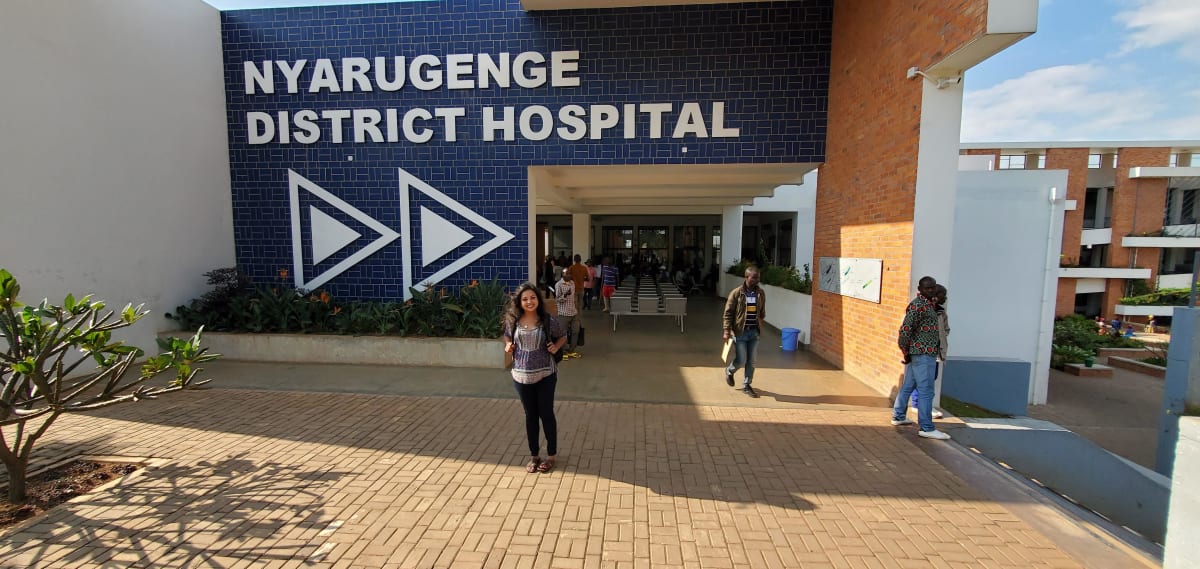
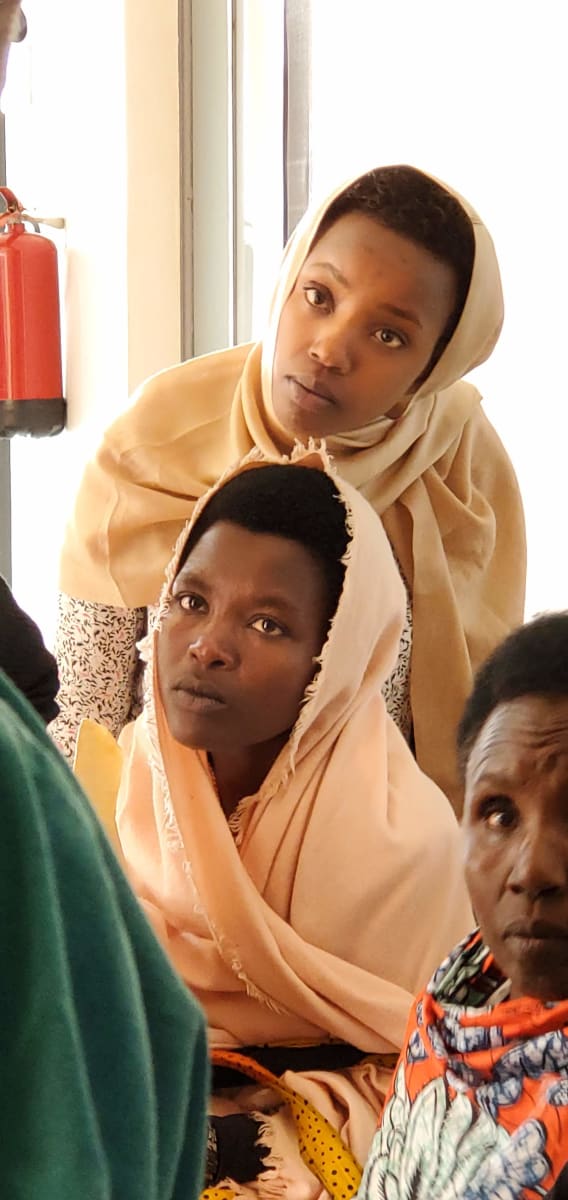
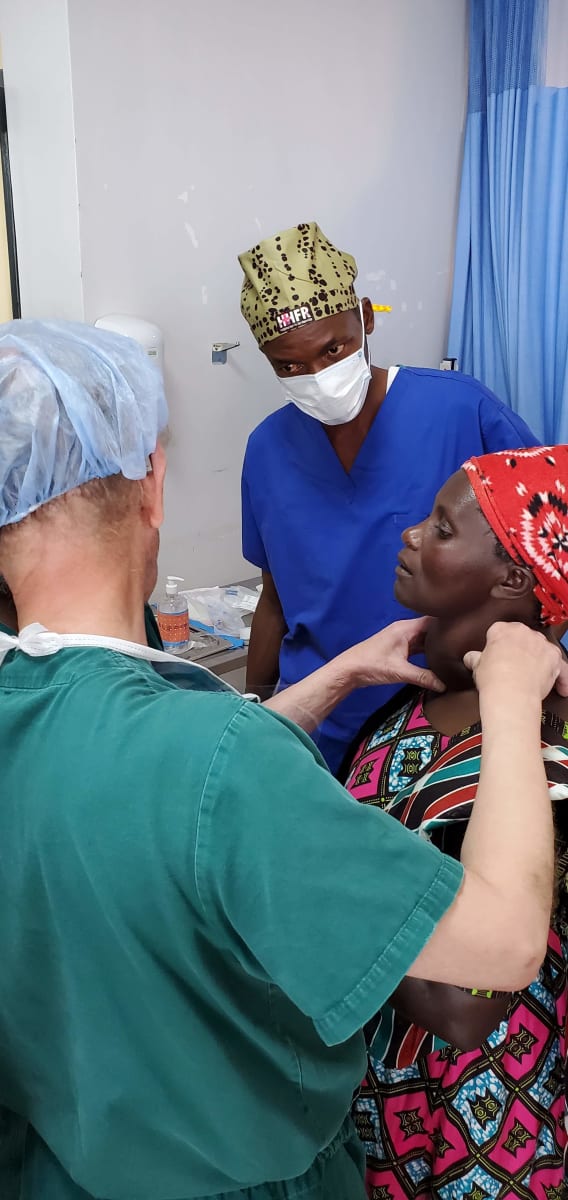
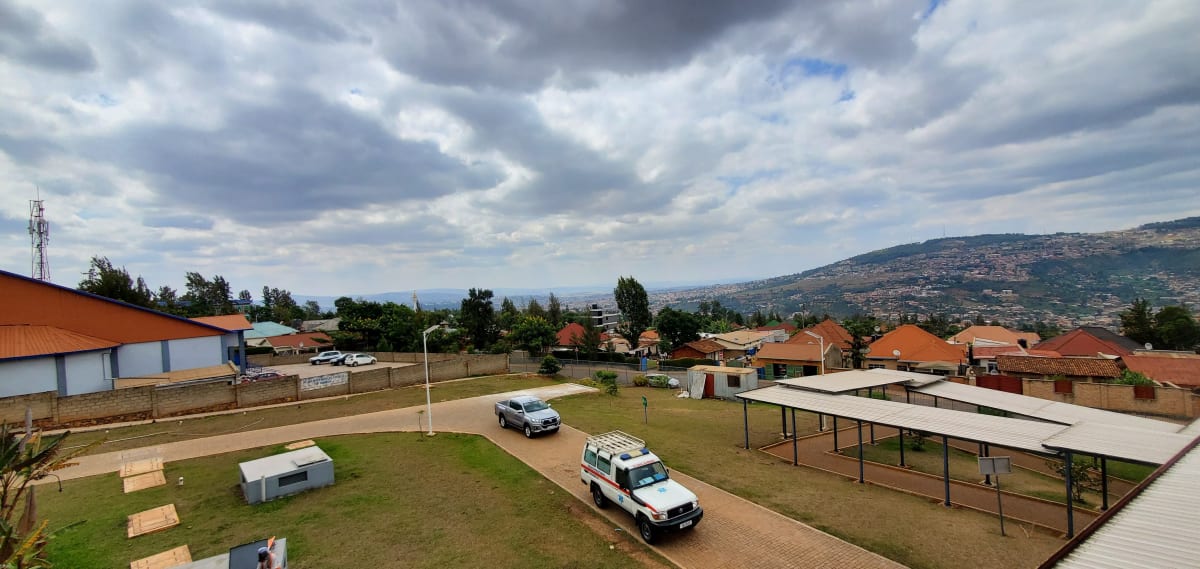

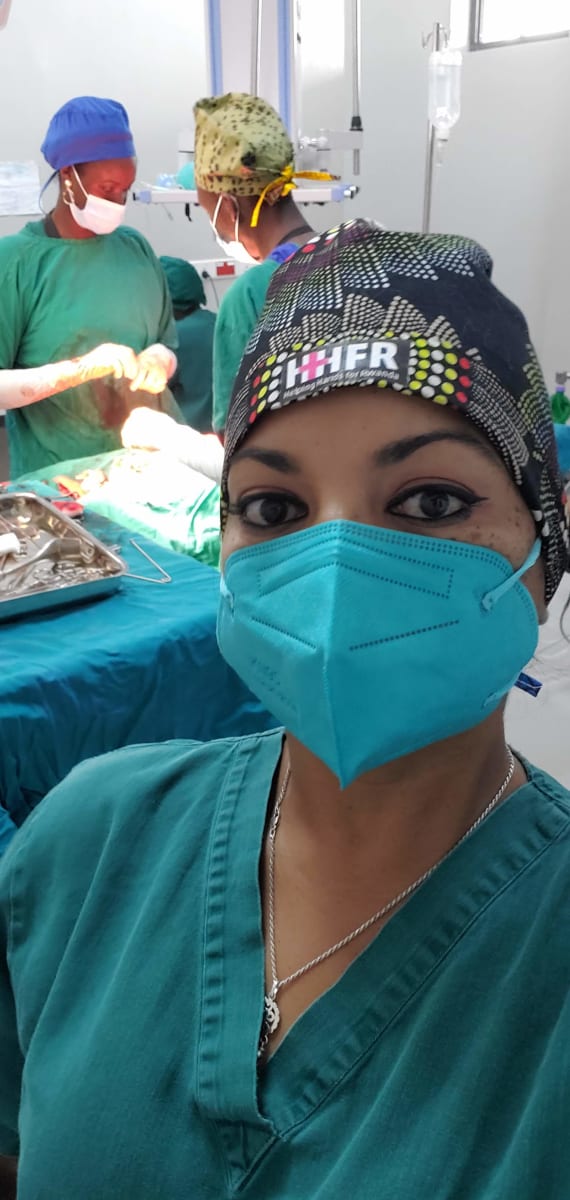
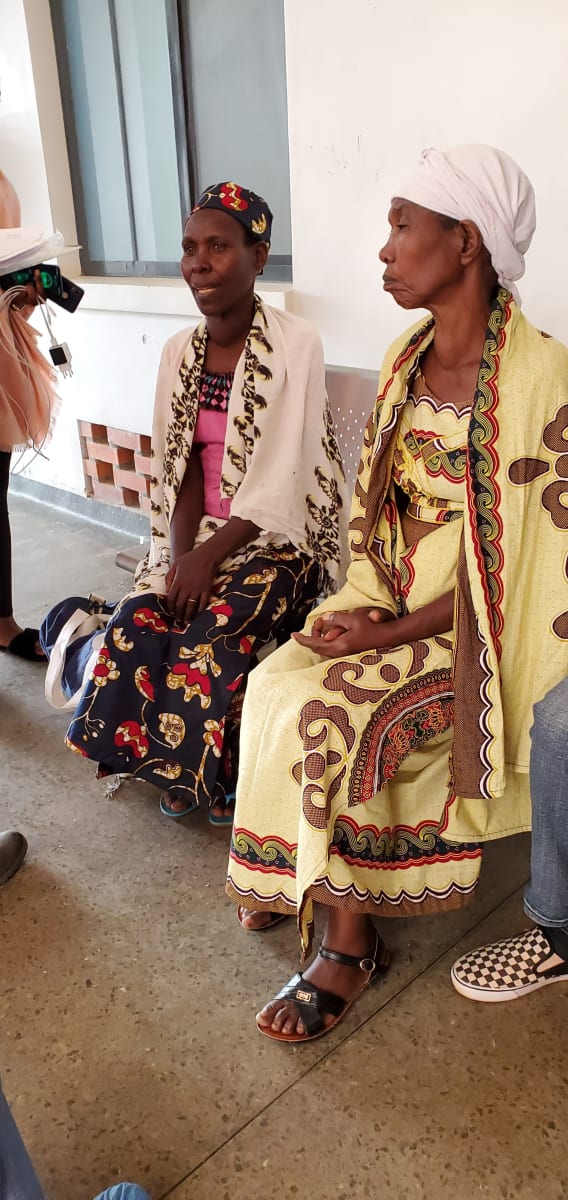
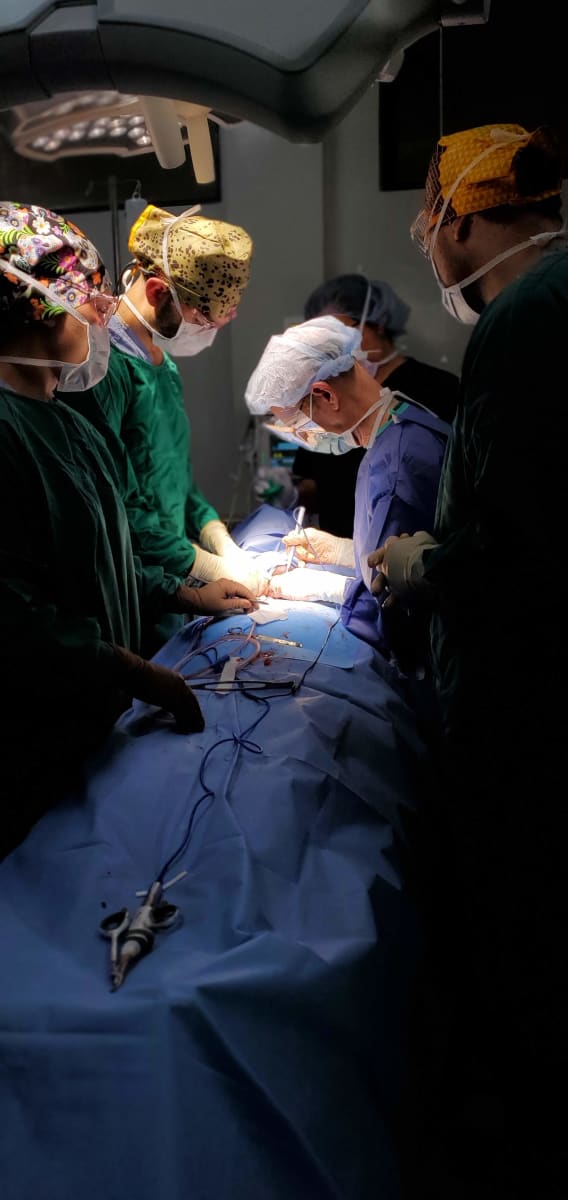

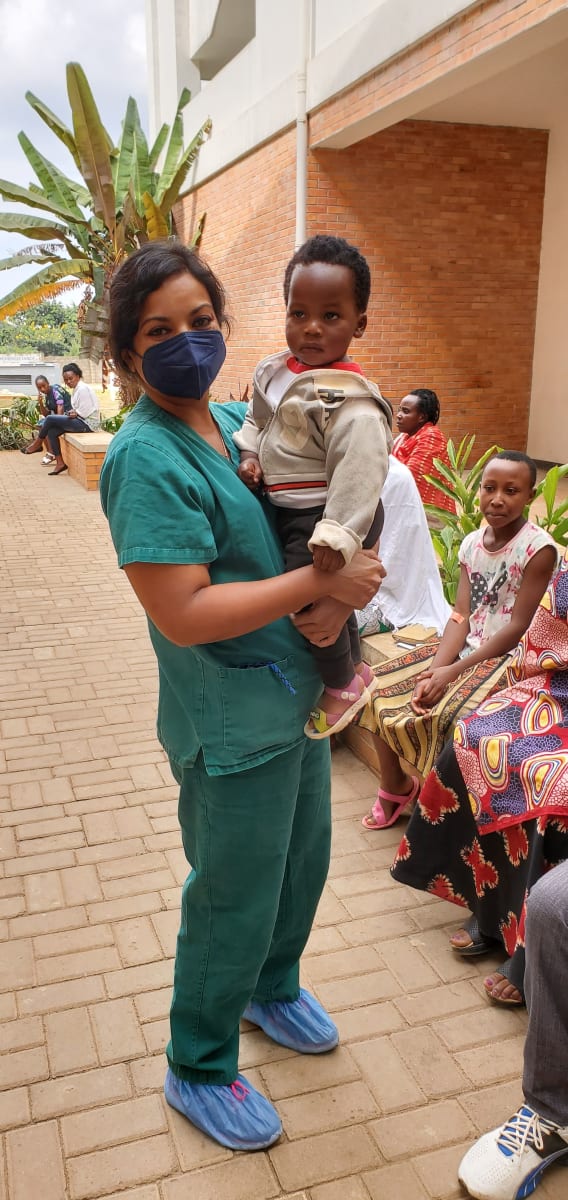
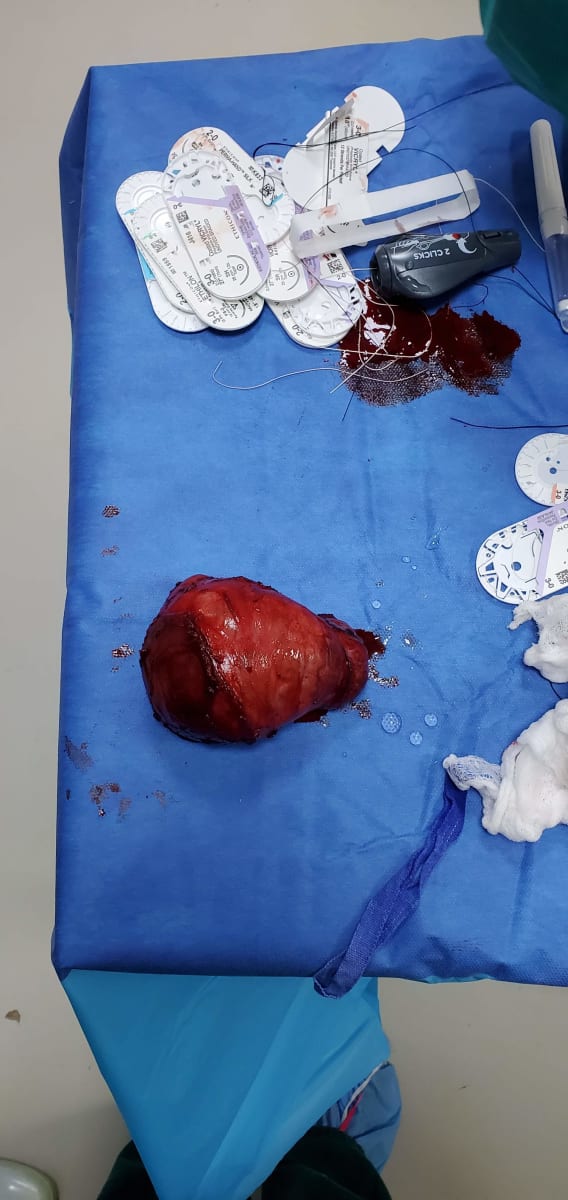












We worked in a district hospital in Kigali, Rwanda called Nyarugenge District Hospital. We were on a surgical mission primarily geared towards performing complex thyroidectomies on patients with advanced goiters. Given the complications of iodine deficiency primarily due to dietary reasons, many patients in the area had large, symptomatic goiters causing pain, odynophagia and restriction of movement. Some of these patients waited several years to see a doctor for management. The population was mostly women, with a few cases of men. Elective hernia repairs and appendectomies were also performed by the general surgery team. The team, which was composed of surgeons, physicians, anesthesiologist and nurses came from New York and Los Angeles. As a team, we were able to serve this community in performing surgeries they would likely have to several more years to have completed had our team not come. Watching our patients recover post-operatively with relief of symptoms, was the greatest reward for our team. The list of patients waiting for surgeries was longer than we could accommodate on this trip, but we look forward to returning and picking up where we left off. I learned a lot about this culture and community in our short time in Rwanda, but it was an unforgettable experience and a privilege to serve these patients. I learned a lot about myself too as a physician working in a resource limited setting and the creativity medicine requires to still be able to treat patients with the best of your ability. I look forward to our return and I sincerely thank the Dox Foundation for the travel grant that allowed me to have this experience. With sincere gratitude. - Anita Sircar, MD (Infectious Diseases, Los Angeles, CA)